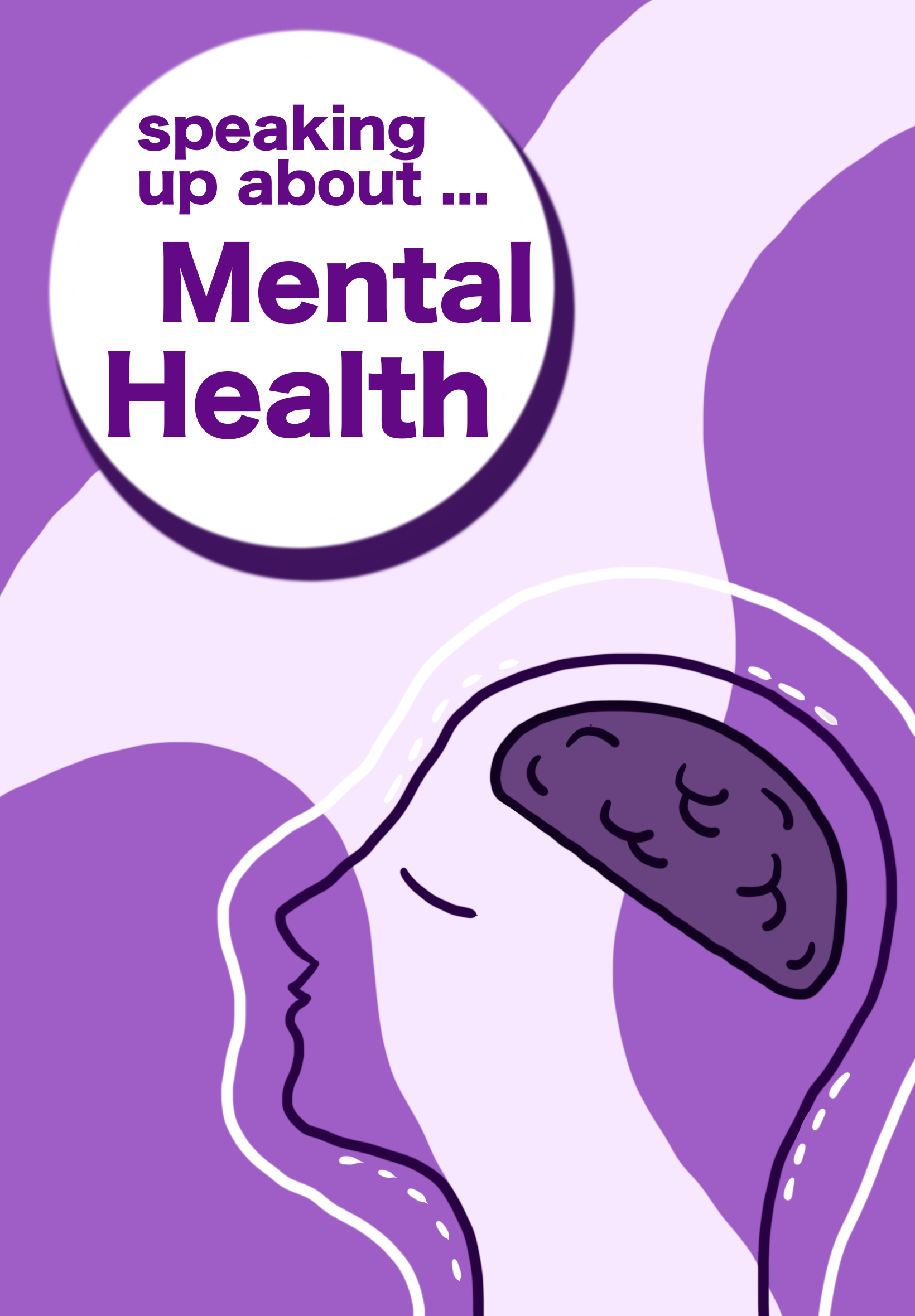Written by: Gretchen Sims | Editor in Chief
Writing for fun is something that many of us have dabbled in sometime in our lives; though, for most, this hobby may have died off early on. However, as someone who entered college with a love of the written form of the English language, I have had the unique experience of watching the suffocation of creativity — while even my love and passion were slowly drained.
While school itself can be draining, a unique phenomenon to higher education is the smothering of the creative spark. Many students leave college burnt out and reject the creative practices they once engaged fervently in.
I have not seen more stifling of creativity than in creative writing classes. One would think that this is where a student’s passion for writing would be encouraged or nurtured, but this could not be further from the truth.
I hate to say this, but it is an honest observation: professors, while they are the experts, think too highly of themselves and their work. They neglect the fact that each student will have their own style and writing process. Creative writing should be just that, but many professors force students to conform to their specific style of writing — glazing over the fact that, perhaps, their style is not the only one.
Each student brings their own context and unique experiences into a writing class. This affects the way they tackle the project and, more importantly, shapes their writing. Professors also have their context and experiences, however, going to grad school does not automatically make their context more important.
I have not been in a creative writing class where the professor encourages students, through their actions, to be creative with their writing — all assignments, if you want to do well, have to be written in the style and method that the professor, while often unstated, desires.
This is enough to kill even the most passionate student’s love of writing. When professors cram students into boxes, they become mindless robots, typing away on lifeless pages: this is a phenomenon I have seen far too often.
This is not something unique to the Western writing department. Anywhere art is taught, creativity tends to be stippled out of students. By placing a grade — level of worth — onto a creative piece, the student gets a measure of “how good” they are. This can lead students, who do not conform to the professor’s idealistic standard of said art form, to become disheartened and lose passion for that which they once loved.
Contact the author at howleditorinchief@wou.edu




